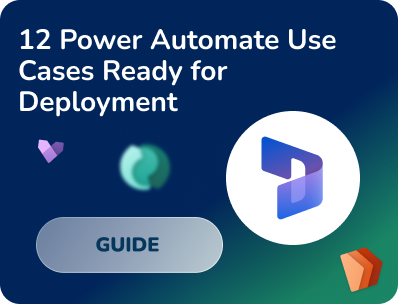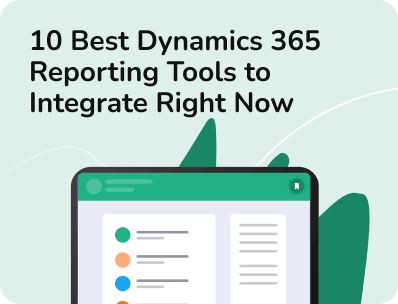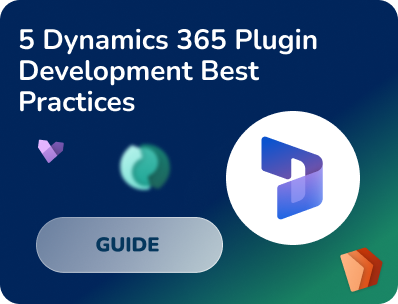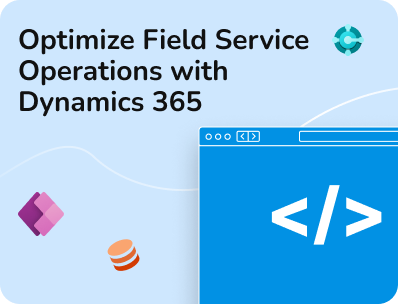- Our Models
- ServicesHesitant in service?
Get in touch with us with your business problem and we’ll consult you on the suitable service solution.
- SolutionsApplicationsLegacy SupportOther Microsoft SolutionsPower Platform ConsultantsAzure ConsultantsAzure Developers
- Industries
- Our Company
 About Us
About UsLearn more about our HireDynamicsDevelopers portal and the team behind it.
Case StudiesRead successful stories from our clients across various industries.
ServicesFind the right service according to your specific business needs.

- Resources
- Our Models
- ServicesHesitant in service?
Get in touch with us with your business problem and we’ll consult you on the suitable service solution.
- SolutionsApplicationsLegacy SupportOther Microsoft SolutionsPower Platform ConsultantsAzure ConsultantsAzure Developers
- Industries
- Our Company
 About Us
About UsLearn more about our HireDynamicsDevelopers portal and the team behind it.
Case StudiesRead successful stories from our clients across various industries.
ServicesFind the right service according to your specific business needs.

- Resources
Microsoft Dynamics 365 Finance and Operations Implementation Guide
Updated: December 18th, 2024 by Ivan Farafonov
Microsoft Dynamics 365 Finance and Operations has a transformative impact this ERP solution has had on organizations seeking to enhance their financial management and operational efficiency. Endless competition in technologies and quality services, where agility and data-driven decision-making are crucial, implementing Dynamics 365 Finance and Operations is not just beneficial – it is essential. But, as implementation is not the easiest process and has a lot of hidden setups and processes we will try to review different aspects of implementation of Microsoft Dynamics 365 Finance and Operations into your company in our article, to transform it into an easy and fast process that each company can recreate.
What is Dynamics 365 Finance and Operations?
Microsoft Dynamics 365 Finance and Operations is a powerful tool based on cloud technologies, it is an enterprise resource planning solution that combines financial management and operational capabilities into a unified platform with a wide range of customizations and functions. It enables organizations to streamline their finance processes, expand manufacturing possibilities, gain real-time insights, and improve overall business performance through the adaptation of unique needs, performance and overall improvement of processes.
Dynamics 365 Finance and Operations is beneficial for middle and large companies, it can be successfully implemented in industries such as:
- Manufacturing: Companies can optimize production schedules and predict demands, manage supply chains efficiently, and maintain accurate inventory levels according to customers needs.
- Distribution: Businesses can improve logistics and supply chain management, ensuring timely delivery and reduced costs.
- Retail: Retailers benefit from enhanced sales tracking, customer relationship management, and inventory control.
- Health care: As it provides a wide range of functionality for data management and costs calculations.
- Professional Services: Firms in this sector can streamline project management, billing, and resource allocation.
Exploring the capabilities of Dynamics 365 ERP implementation for finance and operations, these organizations can achieve operational excellence, reduce costs, and enhance customer satisfaction.
Hire a Dynamics consultant for a smooth Finance and Operations implementation!
Microsoft Dynamics 365 for Finance and Operations Implementation Methodology
The Microsoft Dynamics 365 for finance and operations implementation methodology provides a structured approach for deploying the ERP application. This methodology is crucial for ensuring that organizations maximize their investment and minimize data mismatch during the implementation process. As each and every implementation and development process MD365 Finance and Operations implementation has its own methodology, which will be described in the following table.
Phases | Steps |
|---|---|
Preparation Phase |
|
Pre-setup Phase |
|
Analysis and Design Phase |
|
Development Phase |
|
Testing Phase |
|
Deployment Phase |
|
This Dynamics 365 Finance and Operations implementation guide drives you through planning, testing, and collaborative engagement among all stakeholders to prepare your future project and ensure a smooth transition.
To enhance general understanding, here are some additional illustrative screenshots of discussed phases in the implementation process:
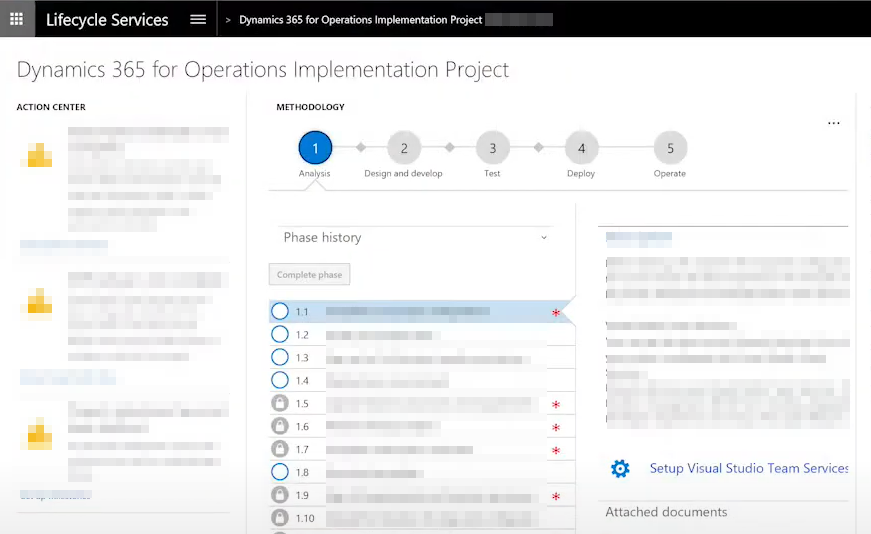
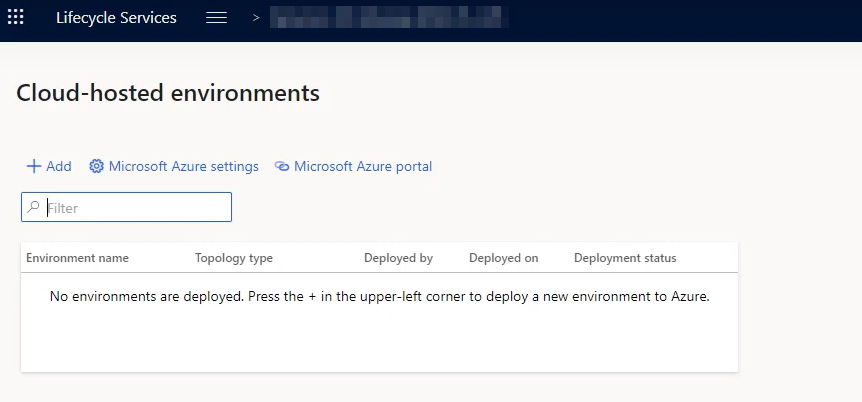
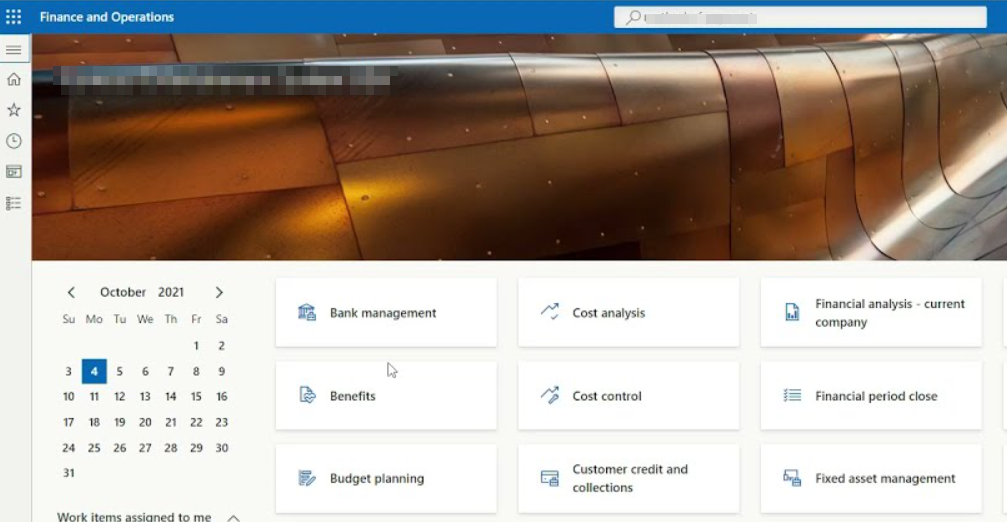
Some of Our Finance and Operations Experts
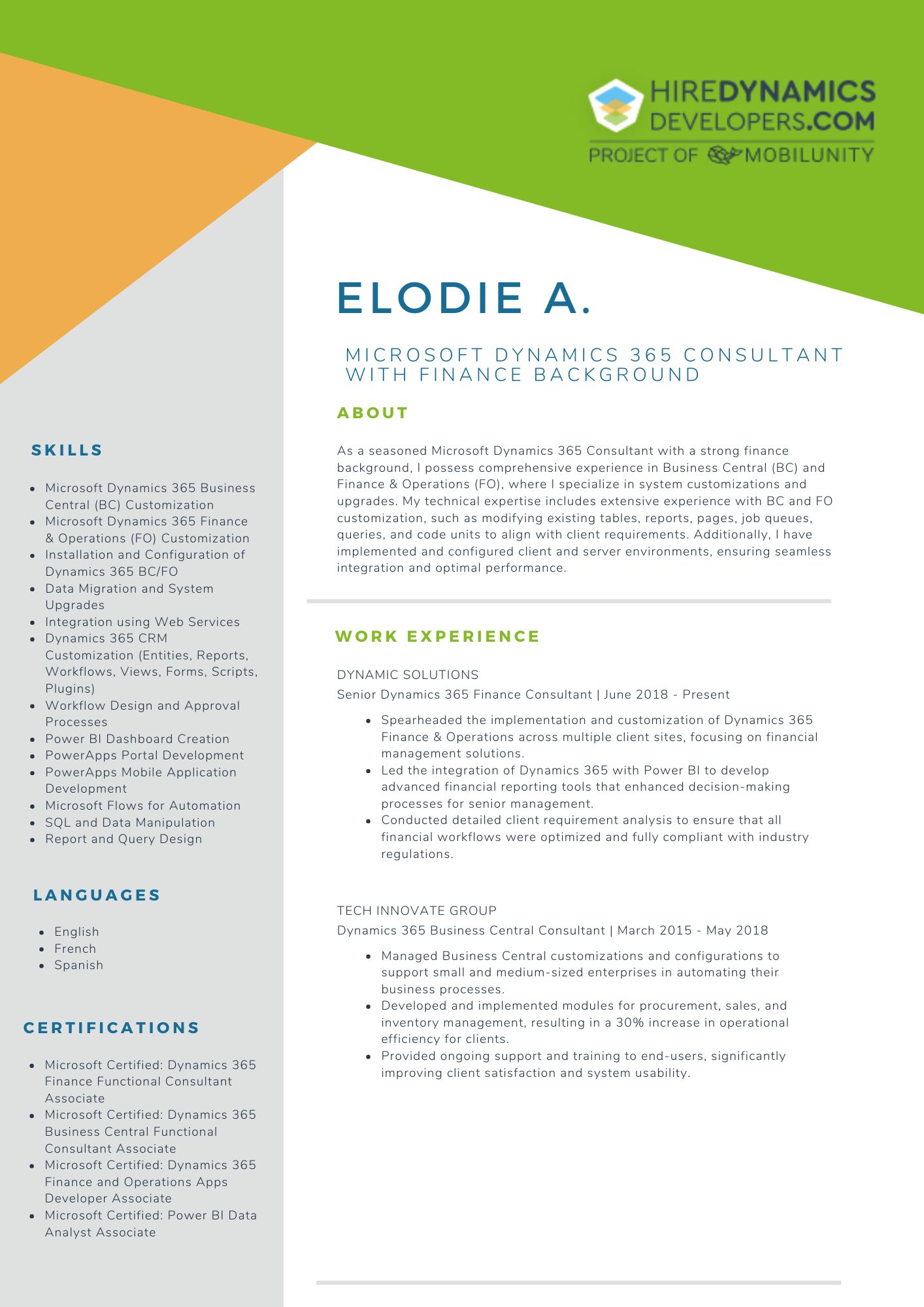
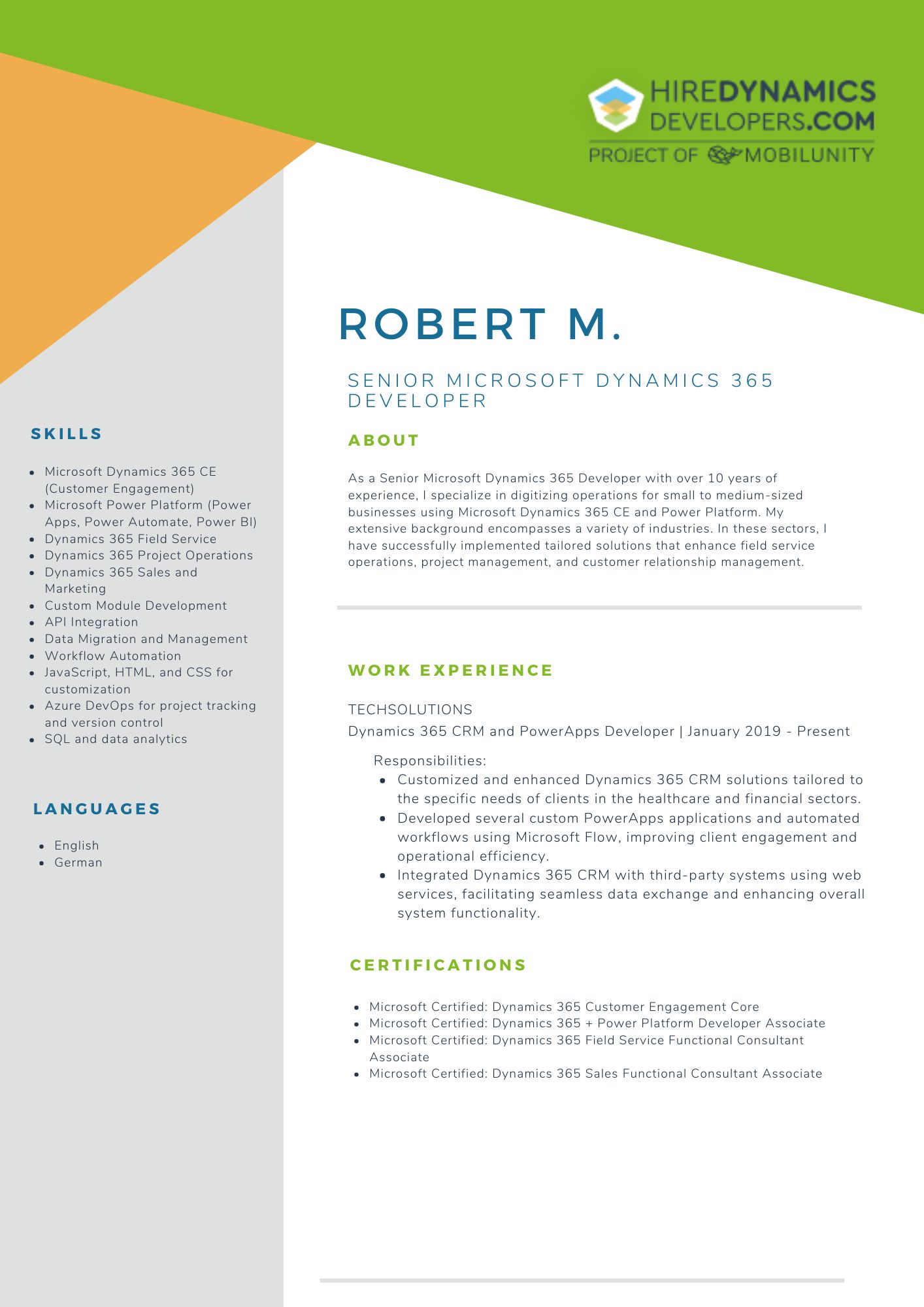
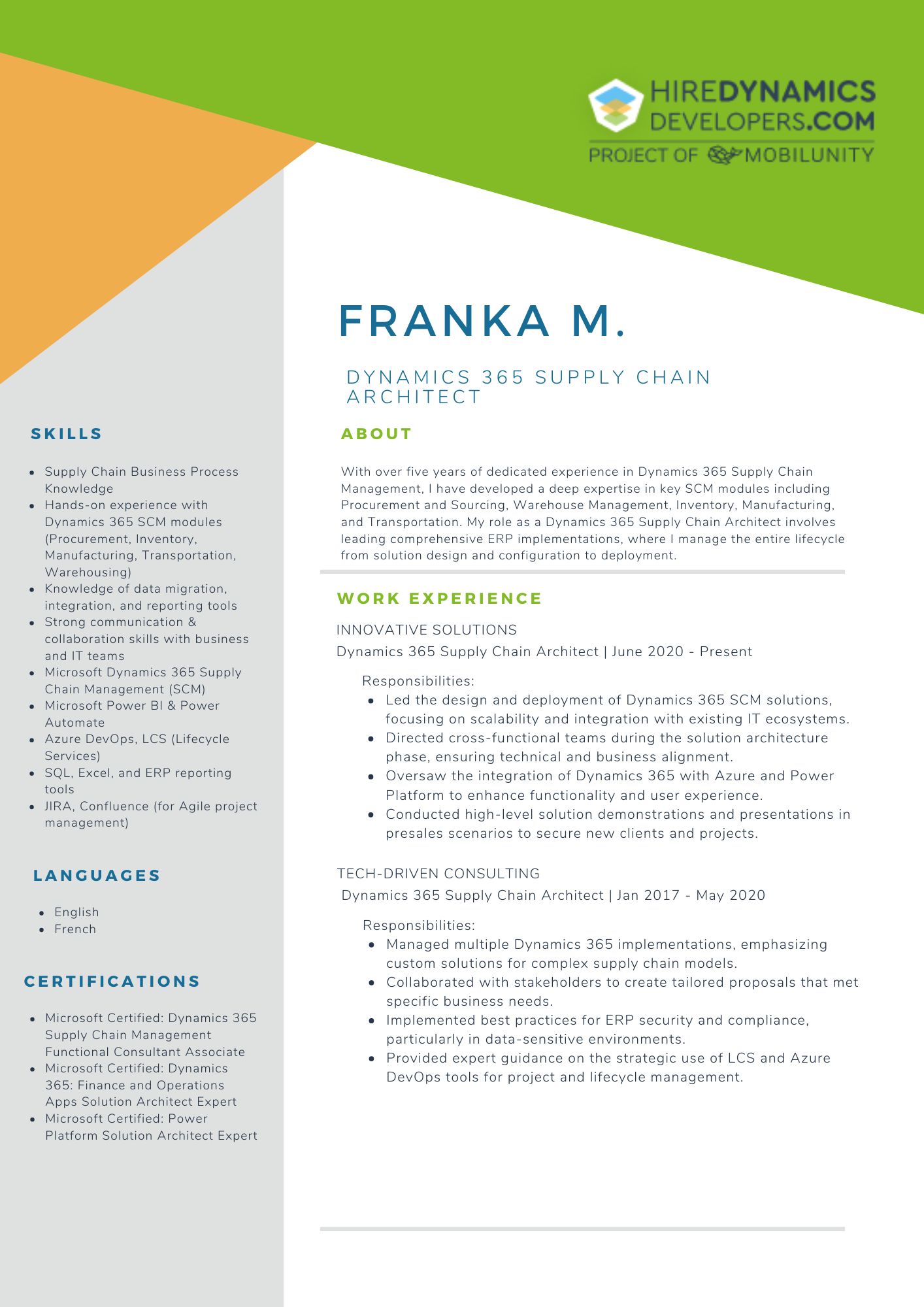
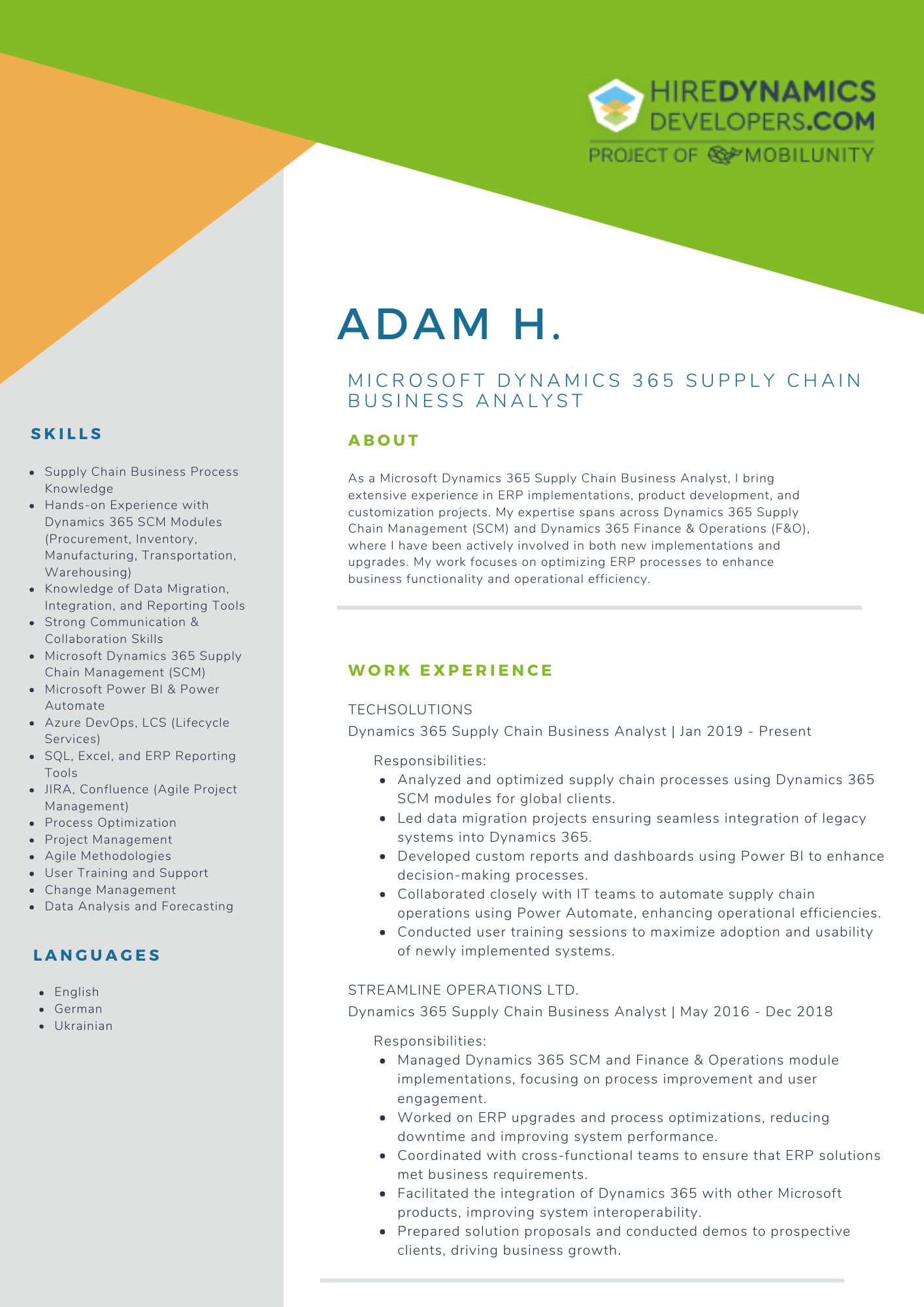
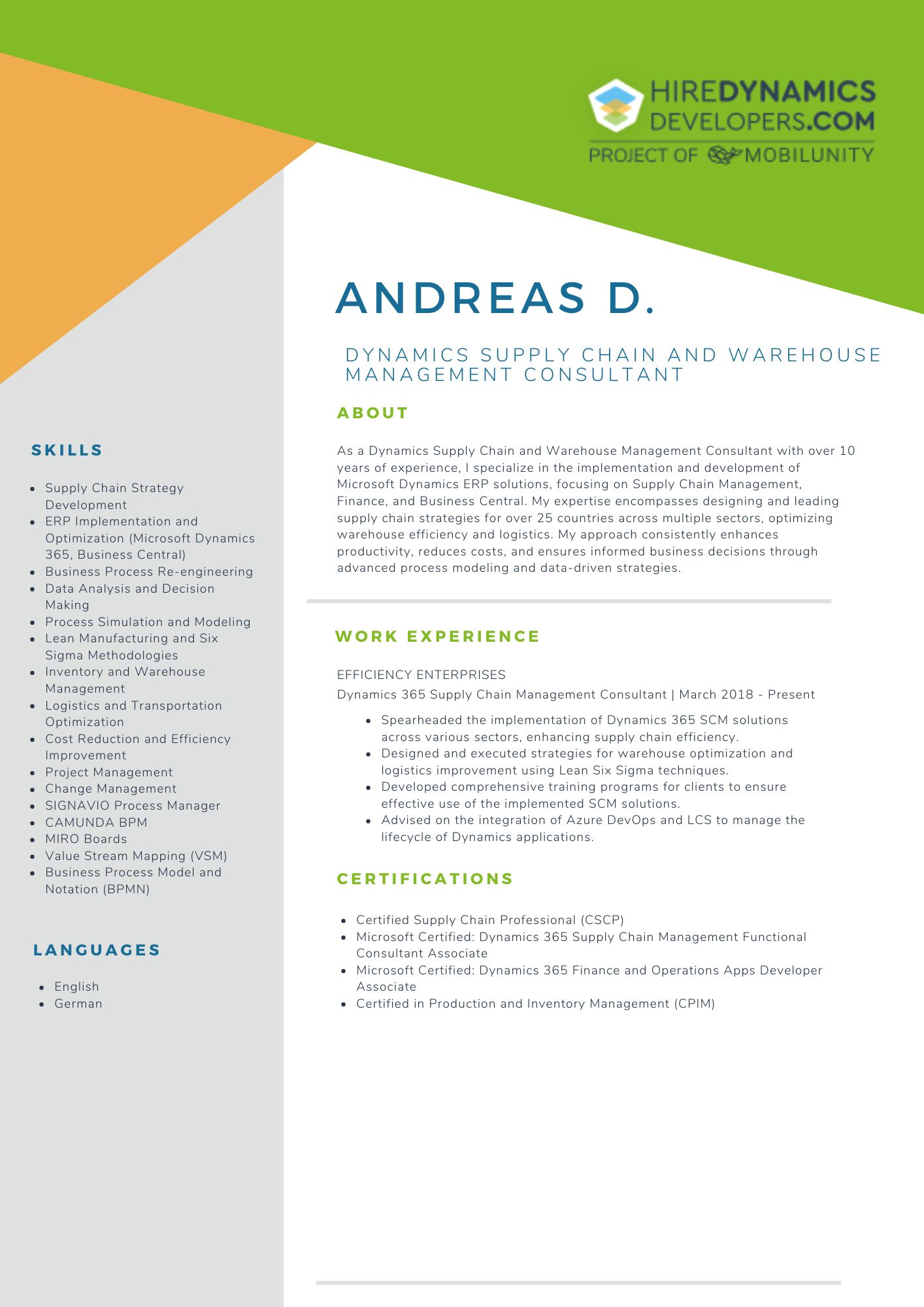
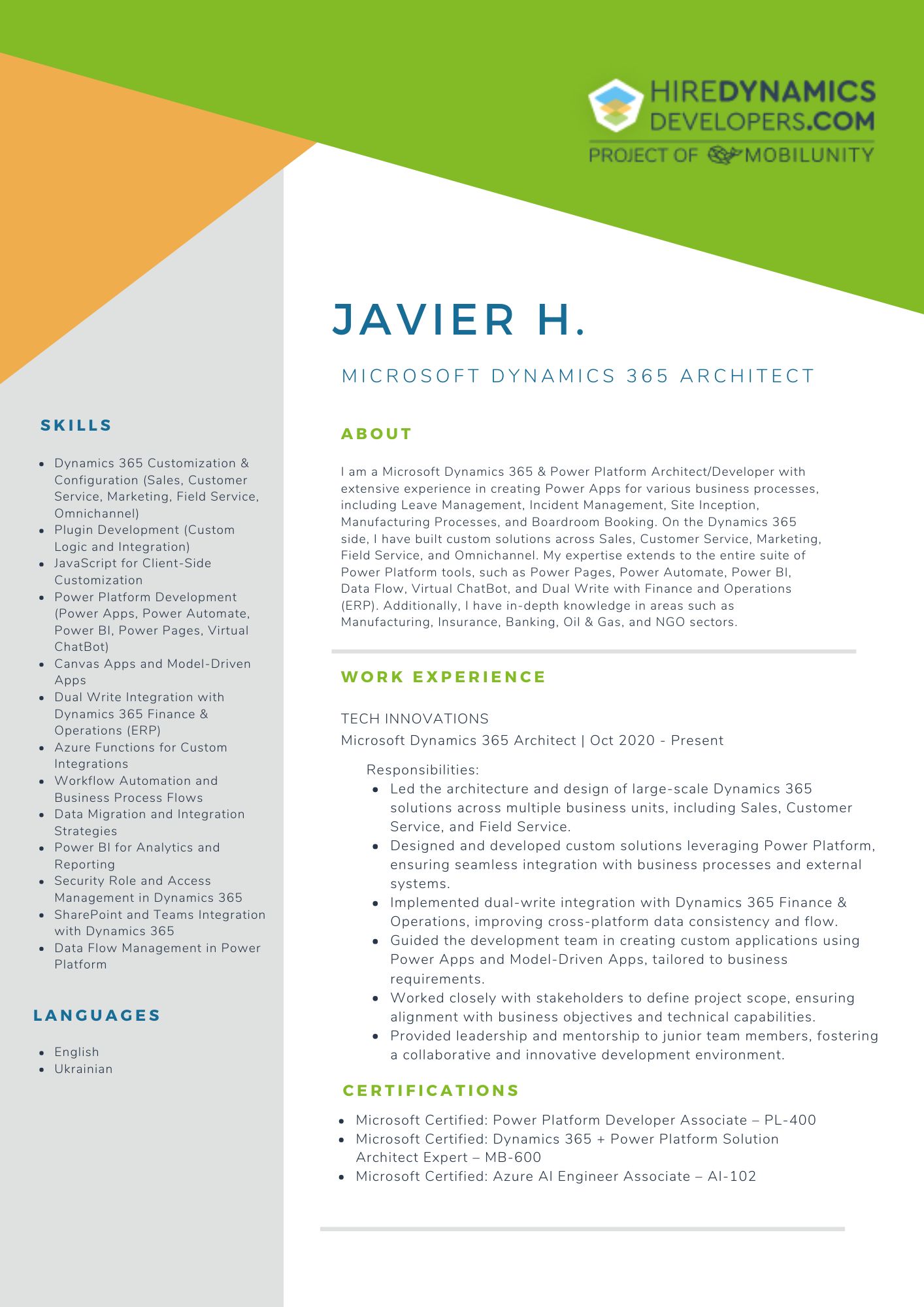
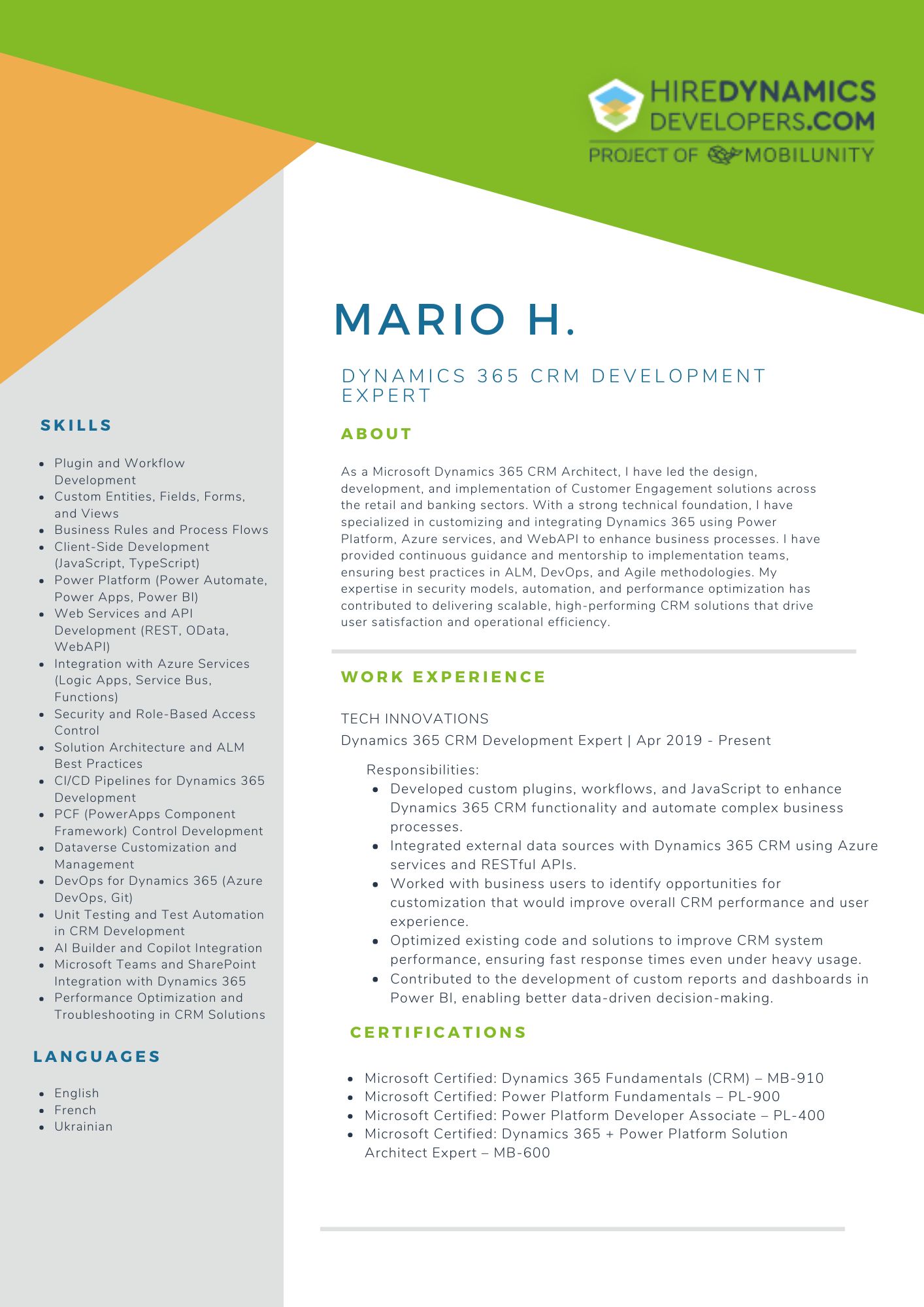
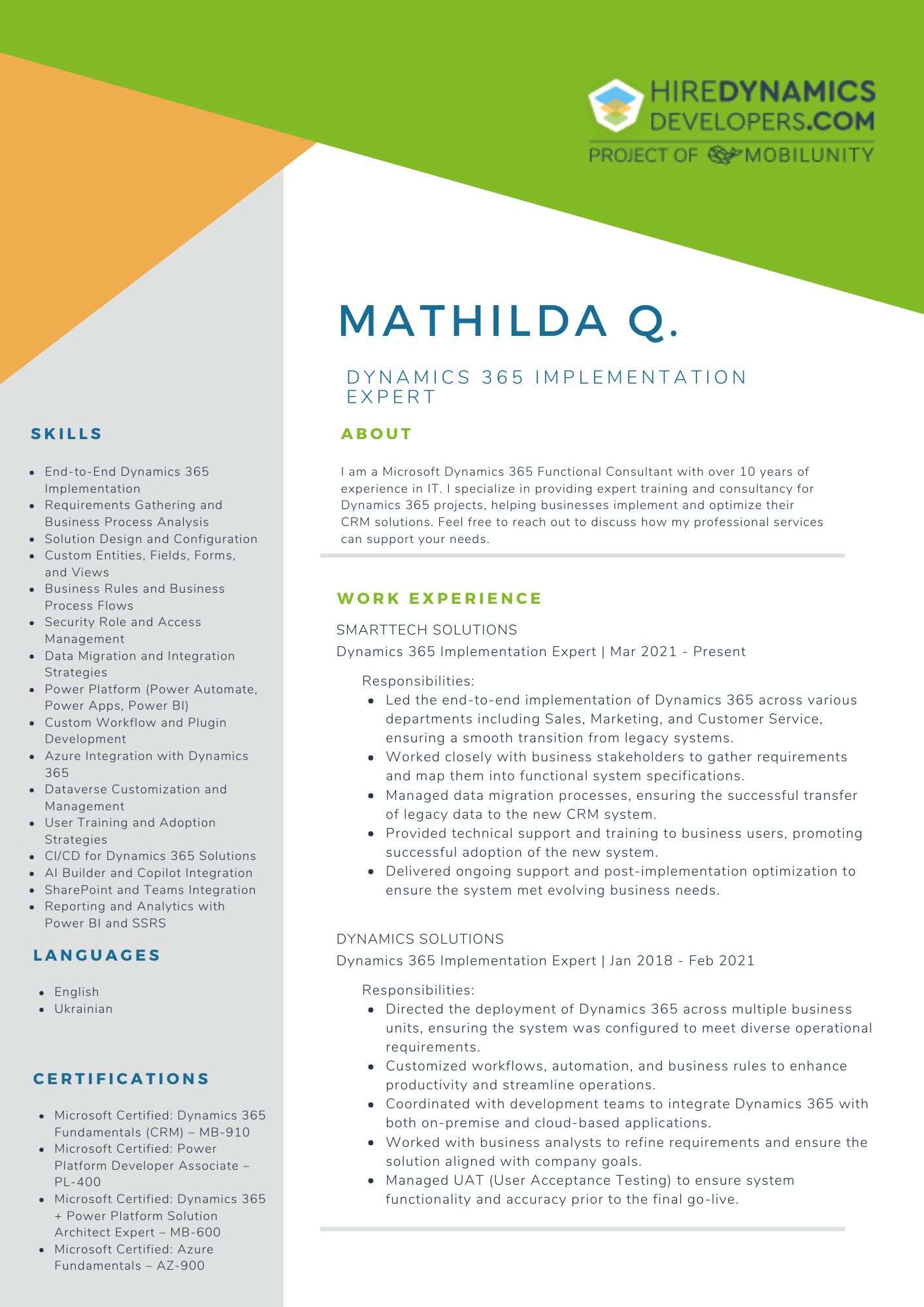
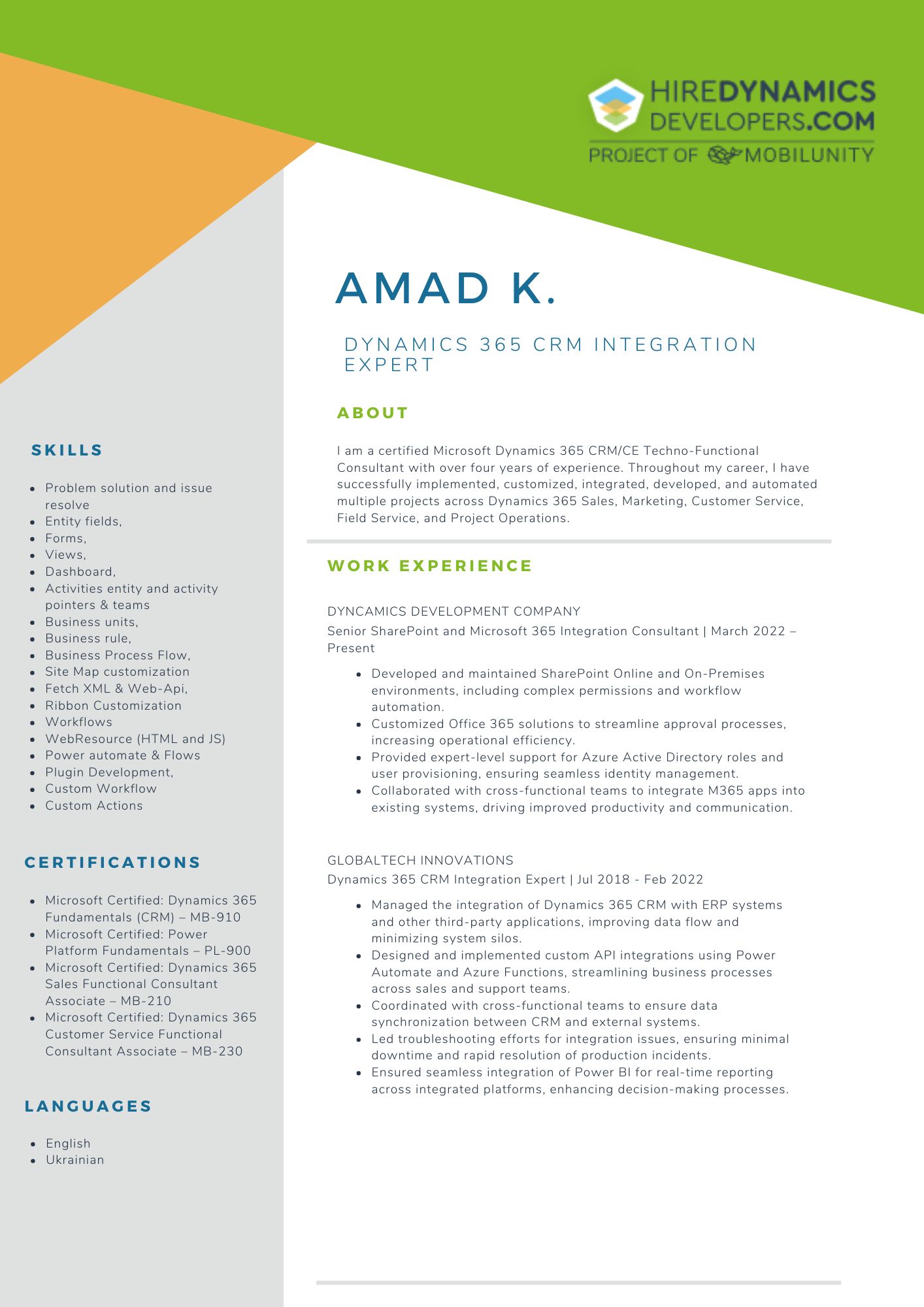
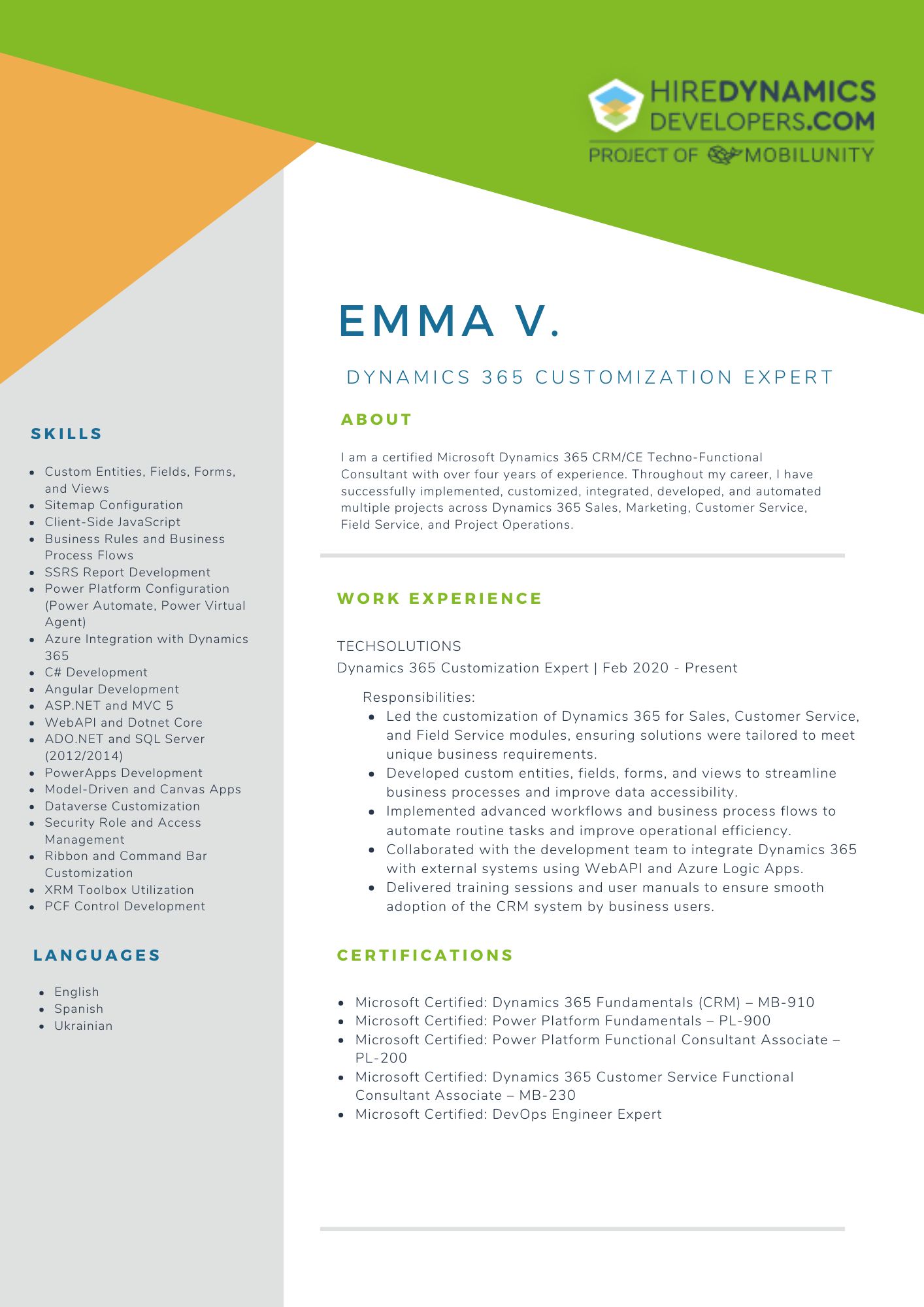

Ready to implement Microsoft Dynamics 365 Finance and Operations?
So what is the easiest way of Microsoft Dynamics finance and operations implementation? Surely it is a strong and professional team. Choosing the right partner for implementation is critical to the success of the project.
Our Engagement Models
- Consulting Services:
Our Microsoft Dynamics 365 implementation consultants offer full expertise and guidance throughout the project lifecycle. They will help organizations define their all requirements, streamline critical processes, and ensure that the solution definitely aligns with business goals.
- Support and Maintenance:
Post-implementation support is absolutely crucial. Our experts can be hired to provide ongoing assistance to address any challenges that may arise after going live, ensuring the system continues to perform optimally.
- Customization and Development:
Each business has unique needs and requirements. Our Dynamics 365 F&O developers specialize in customizing the platform to fit specific workflows and processes, enhancing usability, effectiveness and value.
- Training and Change Management:
Any successful system implementation isn’t just about technology, it is also about people. Our consultants can provide training sessions and change management strategies to help users adapt to the new system, ensuring smooth adoption and maximizing the benefits of the new ERP solution.
Then, we’ll organize a meeting to discuss your needs in more detail and set goals for working with Dynamics.
Key Takeaways
The process of implementing Microsoft Dynamics 365 Finance and Operations is both challenging and profitable. Here are some of the key takeaways:
- Improvement impact: Dynamics 365 Finance and Operations can significantly enhance different processes like financial management and operational efficiency for mid-sized to large enterprises.
- Structurization: The Microsoft Dynamics 365 for finance and operations implementation methodology provides a clear, step-by-step approach that minimizes risks and maximizes success.
- Customization and Support: Engaging experienced Microsoft Dynamics 365 implementation consultants and Dynamics 365 F&O consultants gives you a key to ensure that the solution meets the unique requirements of your organization.
- Proven Results: MD365 F&O has already proved its benefits and abilities in processes improvement in lots of companies. Organizations that use Dynamics 365 share experience of improvements in cost efficiency, operational effectiveness, and customer satisfaction.
Implementation of Microsoft Dynamics 365 Finance and Operations is an important strategic investment that can lead organizations toward greater efficiency and success. With its wide range of features and structured implementation methodology, Dynamics 365 offers a powerful solution for companies looking to optimize their financial aspects and operational capabilities. Implementing this ERP solution can unlock your organization’s full potential and competitiveness in a growing market.
Let's implement Microsoft Dynamics 365 Finance and Operations!
Get in touch with us to hire experts!
Outline

Amad K.
10 HOURS / WEEK

Javier H.
10 HOURS / WEEK

Alexandre Q.
10 HOURS / WEEK
Request Our Services
Work with The New System witn Microsoft Dynamics 365 Finance and Operations Implementation Guide!
Your Partner Recognized in Dynamics Community








